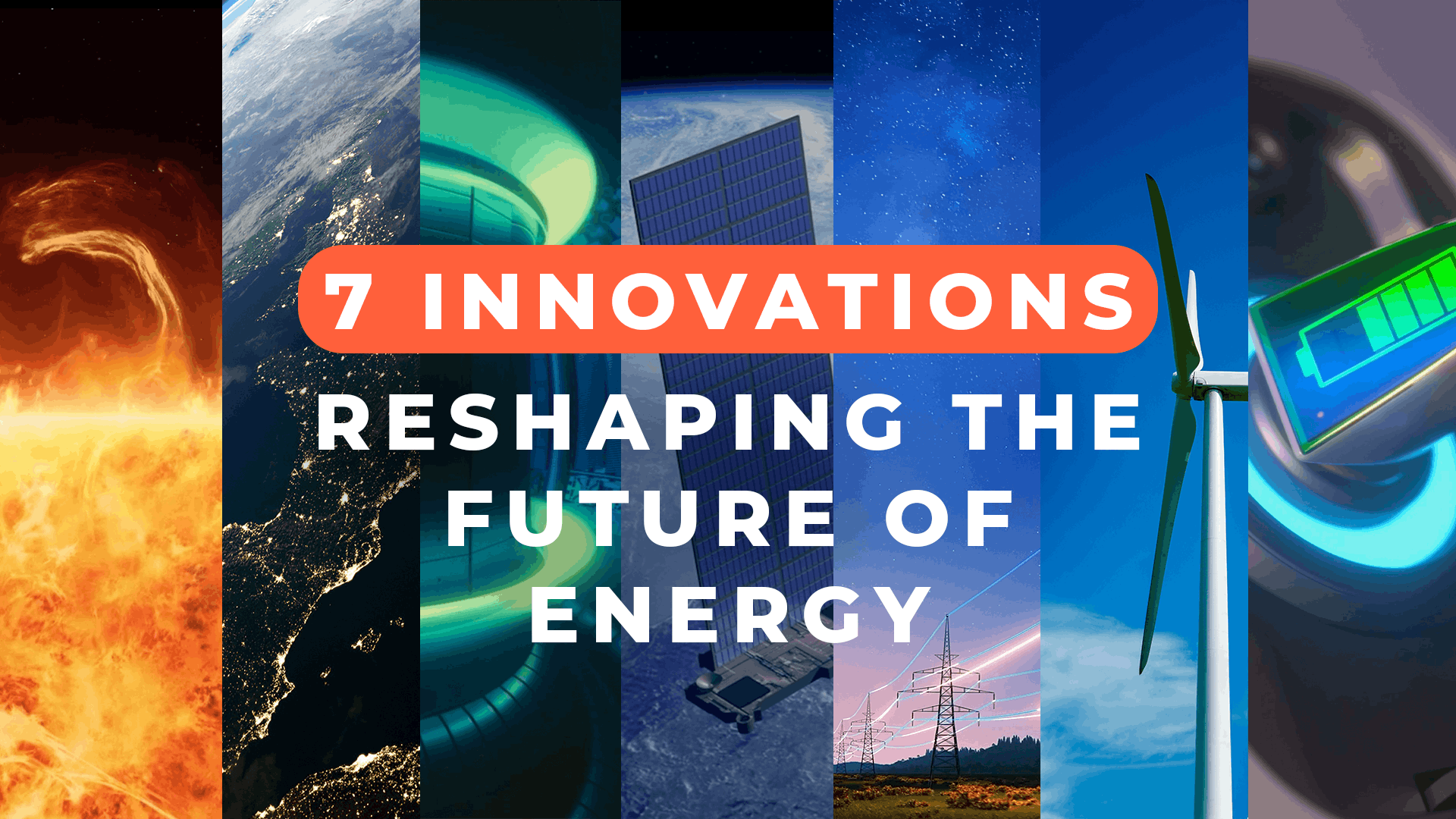
RE:imagining Energy
There is no sector more critical to building a sustainable future than energy.
As the economic rationale for renewables makes them ever more attractive to investors, innovative technologies like green hydrogen and fusion are emerging, promising to accelerate our transition from the age of fossil fuels into a new era of clean energy.
Discover insights from leading experts and see case studies in solar, wind, hydro and geothermal from all around the world.
Hydrogen
What role could this abundant source of energy play in the clean energy transition?
Investment In Renewable Energy
Professor J. Doyne Farmer, Director of Complexity Economics at Oxford Martin School, explains how new economic modelling predicts that a transition to a nearly 100% clean energy system by around 2050 would bring economic benefits of approximately $12 trillion globally.
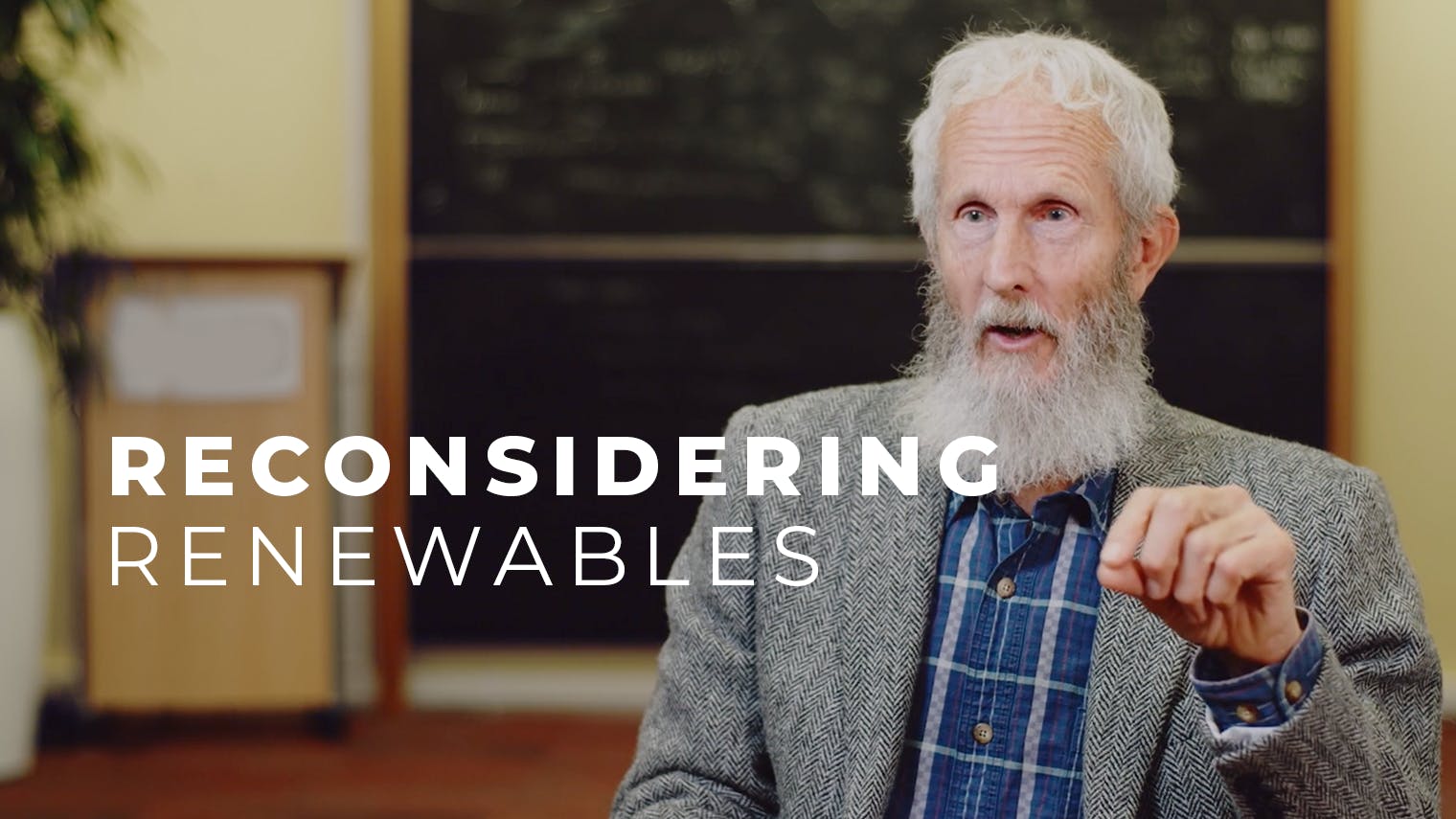
Fusion
How long will it be before fusion delivers on its promise of unlimited clean energy?
Maximising The Potential Of Renewables
Energy has profoundly shaped modern life, but its benefits come with a byproduct. We must urgently decarbonise the systems that power our world in order to continue on our current path of prosperity. Watch our interview with renewable energy expert Juliet Davenport to learn how innovation is already sparking change.
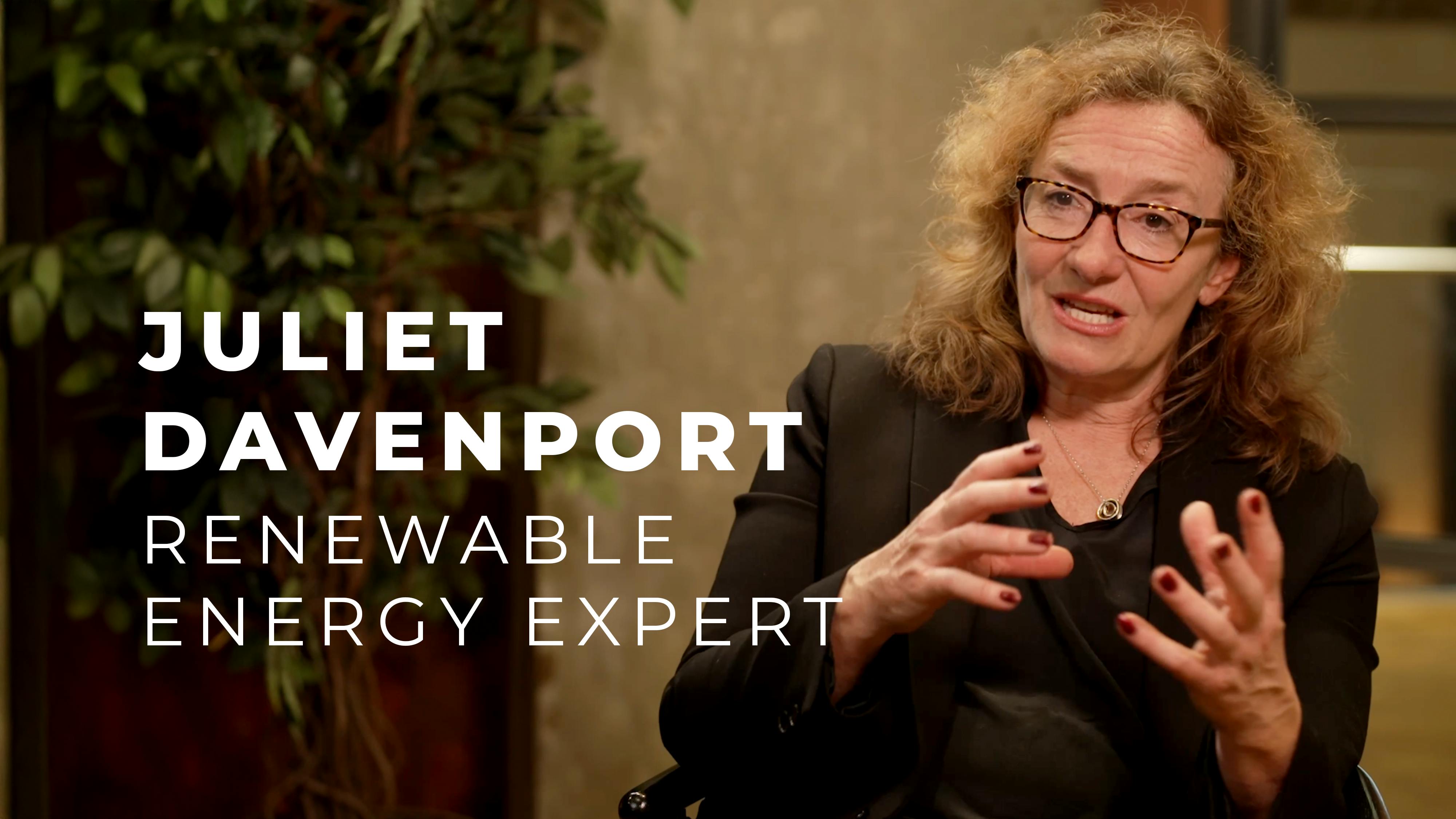
Earth and Water
How are new technologies reimagining these long-established sources of energy?
Transforming Our Energy Systems
What will the energy sector look like in 2050? Fossil fuels currently account for 80% of global energy consumption, but as the Energy Institute's Chief Executive Nick Wayth explains, rapid innovation in cleantech is set to transform the landscape. Watch the full film to discover how.
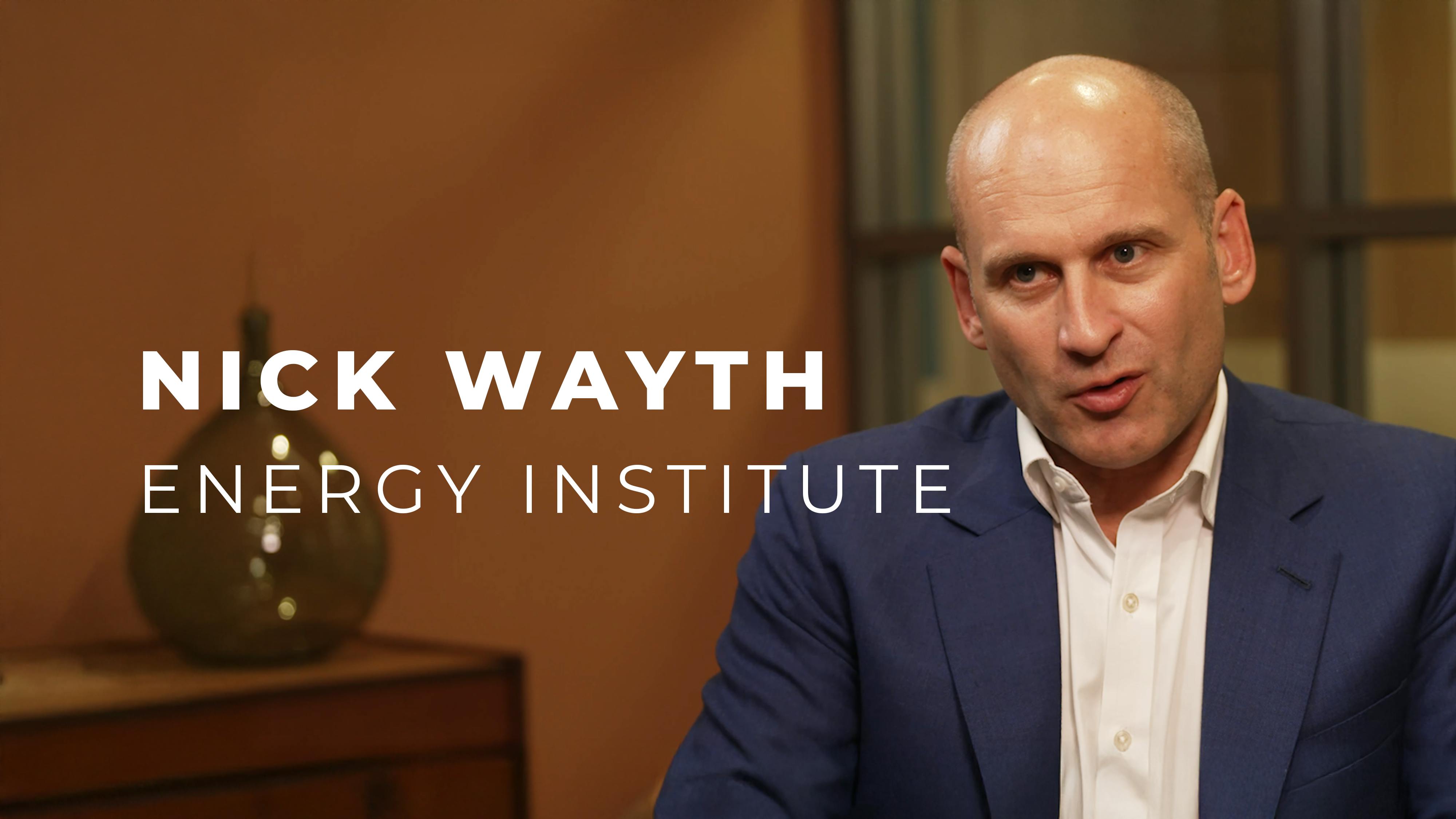
Sun and Wind
Could the latest innovations in panels and turbines transform how much energy they generate?
Financial Frameworks
Experts from Bank of America and Invenergy unpack the opportunity provided by the Investment Reduction Act policy to drive investment in innovative technology in renewable energy.
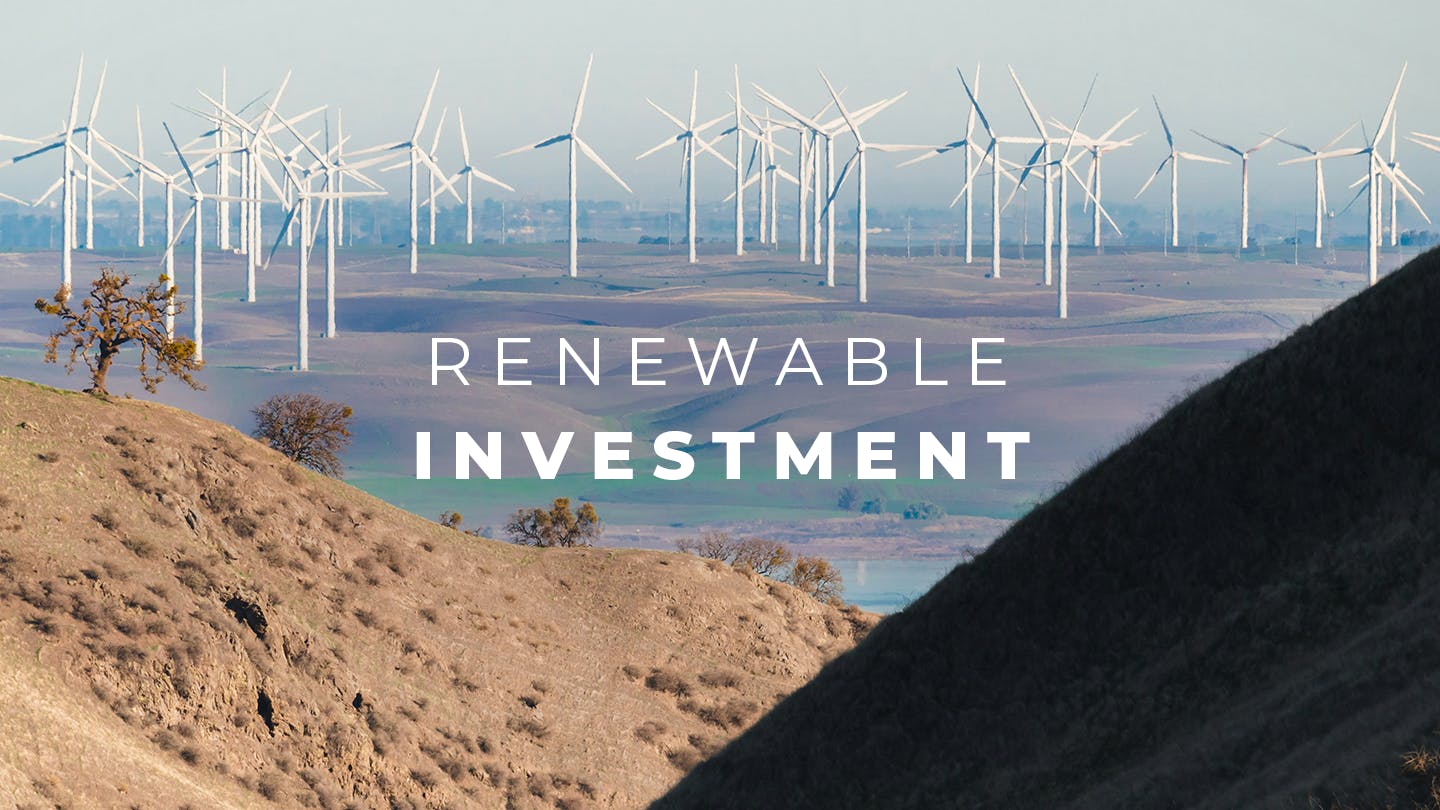
Transport
Which clean energy sources will drive the transition to zero emissions transport systems?
A Waste of Energy
Dealing with urban waste is one of the major challenges facing us today. Copenhagen's iconic Copenhill facility combines a clean waste to energy plant with an outdoor recreational space, including a dry ski-slope.

Energy Insights
White Papers from the Sustainable Markets Initiative and its members
The Renewables Revolution
Over the last twenty years, wind, solar, and hydro power have brought electricity to remote communities and reduced our emissions from energy generation. The revolution in renewables has already transformed our world, but the innovation doesn't stop here. From space-based solar power to nature-inspired wind turbines, these seven companies are fuelling a new era of renewables.
